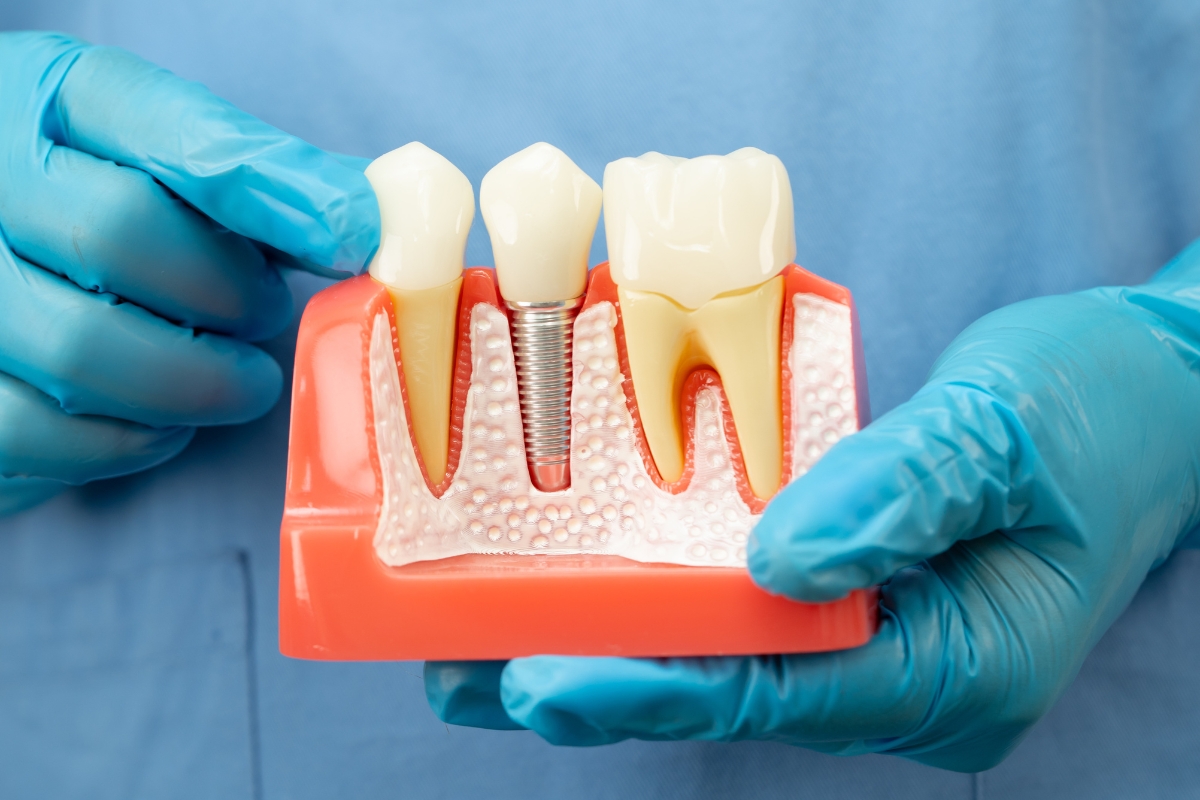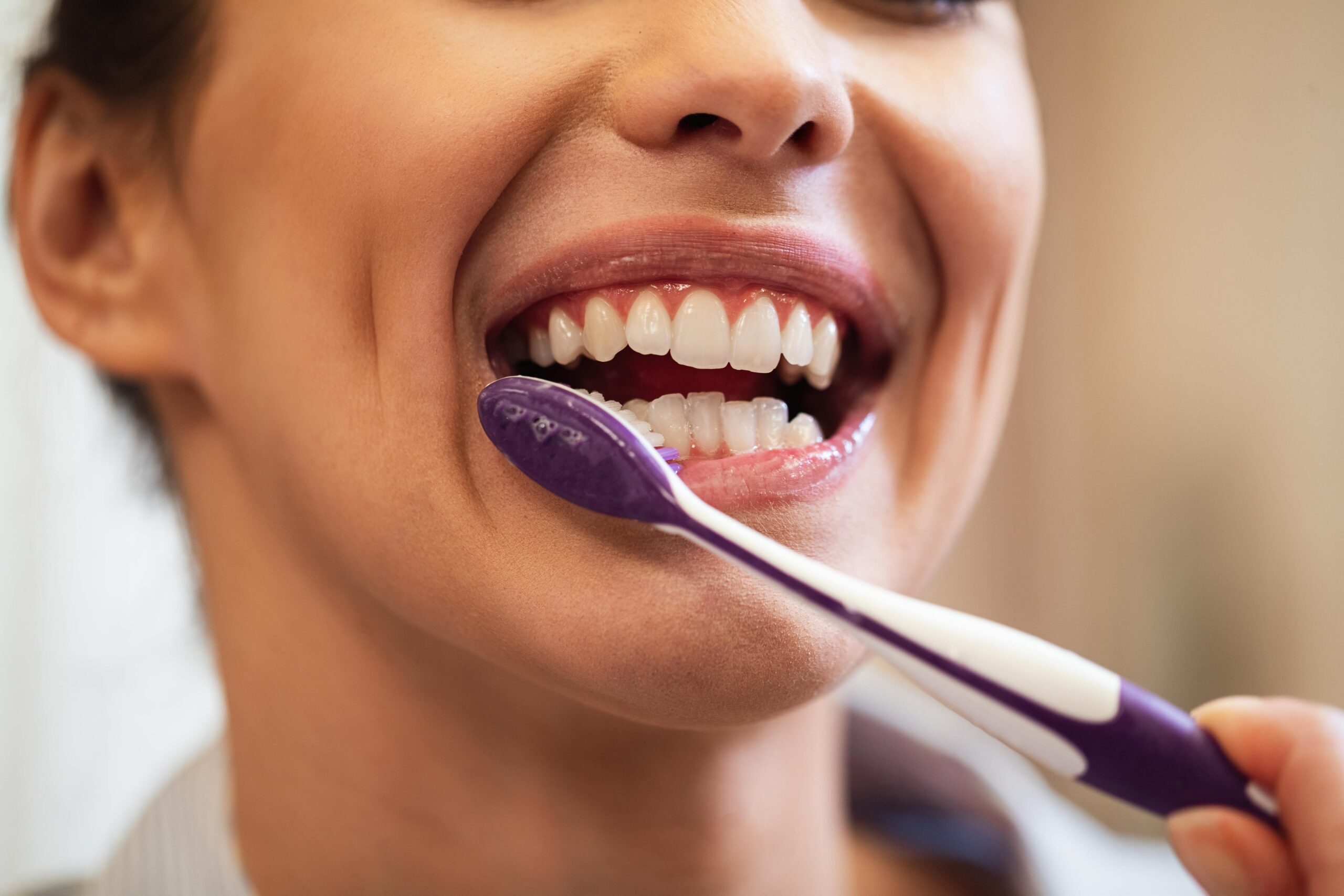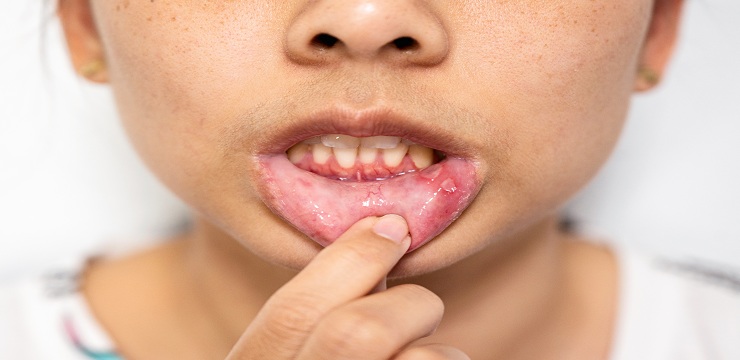
Osteoporosis, a bone-weakening disease, can have a profound effect on the success of dental implants. Leominster patients who suffer from osteoporosis might wonder how bone health contributes to the success of implant treatments. Appreciating this relationship is important to a successful implant outcome.
This blog will inform Leominster patients about the relationship between osteoporosis and dental implant success, providing an understanding of how osteoporosis might affect their treatment and how to navigate challenges.
What is Osteoporosis?
Osteoporosis is a condition that causes bones to become weak and brittle, so that they become more susceptible to fracture. The condition most commonly occurs in older individuals, especially postmenopausal women, and those with a family history of osteoporosis.
Leominster residents may be familiar with the rising incidence of osteoporosis in Massachusetts, with many elderly individuals struggling with bone problems. As bones become denser, they lose their ability to support structure, like keeping teeth in place, making it harder to place dental implants in Leominster.
How Osteoporosis Affects Bone Health
Osteoporosis gradually reduces bone density and bone mass and leads to brittle bones that are prone to breakage. To succeed, dental implants need a healthy, dense jawbone to anchor the implant post.
In patients with osteoporosis, the jawbone itself may not have enough density to hold the implant in place, leading to implant failure or complications. Bone grafting is typically required to rebuild and densify the jawbone for implant placement. Osteoporosis may also create additional complications during the procedure and healing of the implant.
Dental Implants: All You Should Know
Dental implants in Leominster are an excellent choice in tooth replacement, as they offer long-term results and improved oral function. The procedure involves the placement of a titanium post within the jawbone, where it fuses with the bone over time. This, called osseointegration, relies on dense bone to hold the implant in place.
Patients who have adequate bone density achieve the most ideal results. In osteoporosis patients, the issues of bone density must be addressed before implant placement to ensure that there are no complications and to ensure the success of the procedure.
Issues Osteoporosis Presents for Dental Implant Patients
Leominster patients with osteoporosis who are suitable for implants face several issues. Among the most significant issues is poor osseointegration, where the implant fails to integrate properly into the jawbone due to a lack of density. This can lead to instability or implant failure.
In addition, patients may require bone grafting or sinus lifts to strengthen the jawbone before undergoing the implant procedure. Bone density exams are crucial for establishing implant candidacy and mapping out the treatment process. Sufficient bone mass is critical to the long-term success of the implant.
Solutions and Treatment Options for Osteoporosis Patients
While osteoporosis may be a challenge, it does not necessarily preclude implants. Alternatives like bone grafting and sinus lifts can rebuild the jawbone and provide a firm foundation for implants.
Recent techniques like 3D imaging and customized implant planning allow more accurate implant placement in patients with low bone density. Such technologies enhance the chances of successful implant integration even for osteoporotic patients. Leominster patients can continue to enjoy a healthy, functional smile with adequate preparation and care.
When osteoporosis compromises your bone integrity, it’s important to know how that will affect your implants. With proper treatment procedures and planning, successful implants can still happen. Leominster residents are encouraged to speak with an adept implant specialist to talk about their bone health and identify the ideal method for implants.
A healthy smile is possible, no matter the state of your bones. Give us a call today to schedule a consultation and take the first step in reclaiming your smile.


